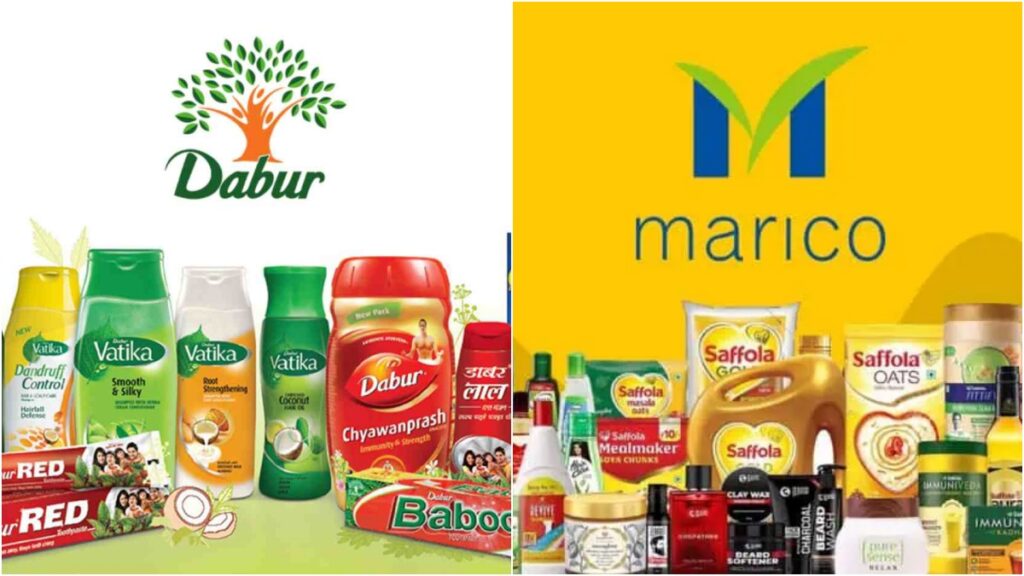Dabur and Marico
The March quarter recorded better growth than urban markets in rural markets for companies making daily consumption goods (FMCG). However, due to high commodity prices during this period, the profit margin of FMCG companies remained under pressure. The quarterly figures of major FMCG companies Dabur, Marico and AWL Agri Business (East Adani Wilmer) suggest that traditional grocery shops in January-March 2025 were under pressure. Whereas modern mediums such as e-commerce and quick commerce (Quick Commerce) maintained their growth pace. The demand for food inflation in urban markets continued.
Urban market contributes about two-thirds
The urban market contributes about two-thirds of the total FMCG sales. Despite this, FMCG companies are expecting profit growth in the current financial year due to a decrease in retail and food inflation and estimates of normal monsoon. Dabur India said in its fourth quarter details that the demand in rural areas remained firm and they performed better than urban markets. However, the company also said that the FMCG sales were slow during the quarter.
Dabur’s revenue estimates to fall
AWL Agri Business, especially in the food category, said to register better growth in rural areas than urban markets. Marico reported that in the last quarter, the FMCG sector saw a trend of stable demand with ‘improvement in rural market’, while trends in large-scale and premium urban areas were mixed. Dabur is estimated to reduce its revenue in the previous quarter and reduce the operating profit margin by 1.5–1.75 percent due to inflation. The company also cited the shortage of winter period as a reason for this. On the growth of Quick-commerce medium, AWL Agri Business said that its sales from this localized supply system doubled on an annual basis in the March quarter. Dabur said that the organized trade medium maintained its growth speed, while normal trade was under pressure.
Latest business news
